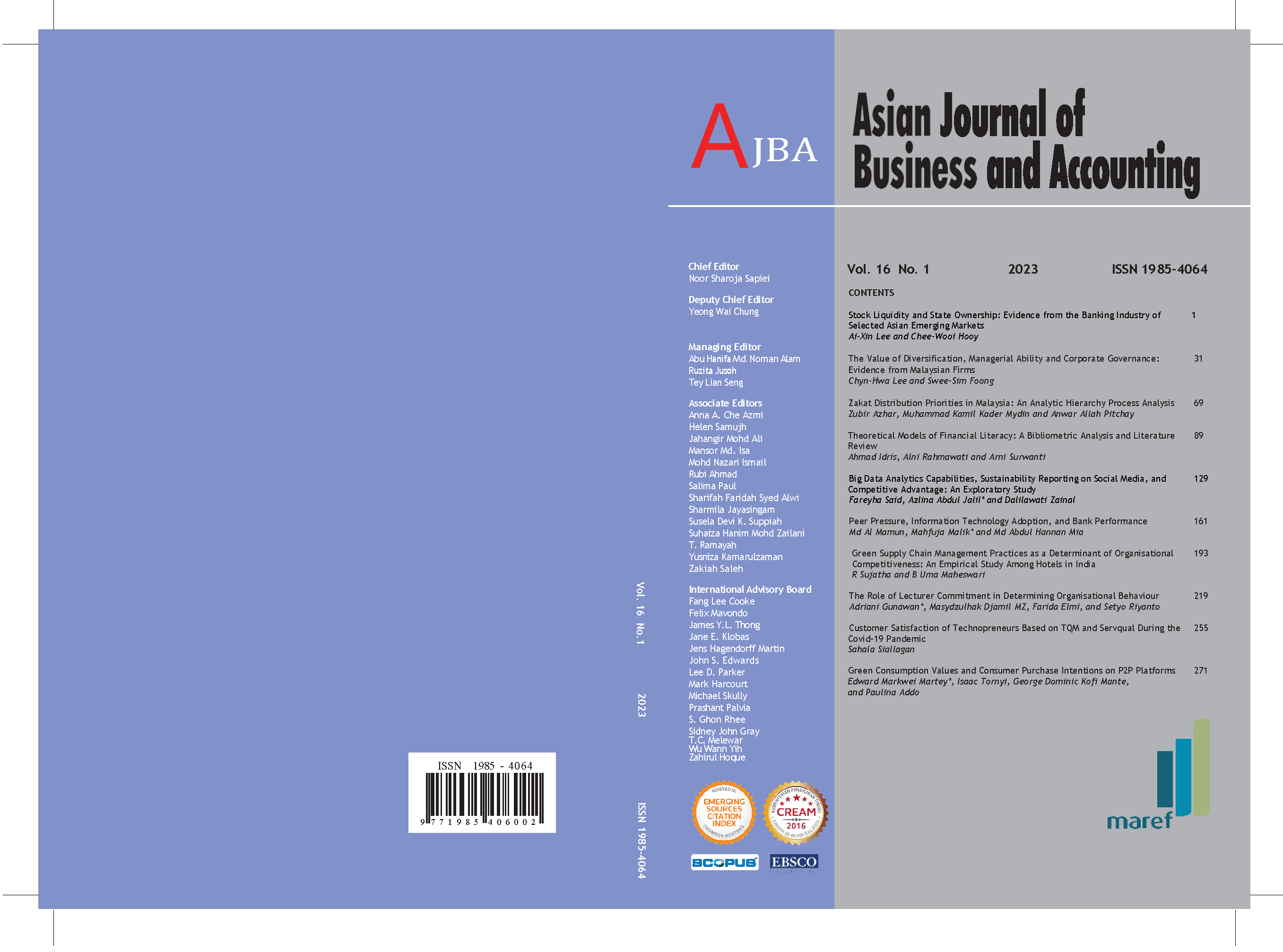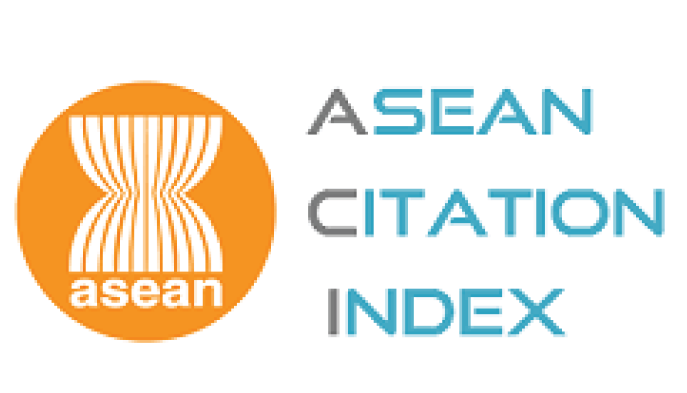Green Supply Chain Management Practices as a Determinant of Organisational Competitiveness: An Empirical Study Among Hotels in India
DOI:
https://doi.org/10.22452/ajba.vol16no1.7Keywords:
Green supply chain management, Hotels, Environment sustainability, Organisational competitiveness, Eco-friendly, IndiaAbstract
Manuscript type: Research paper
Research aims: The main aim of this study is to identify the indicators of green supply chain management (GSCM) practices for hotels that have an impact on environmental sustainability and organisational competitiveness.
Design/Methodology/Approach: This study employs a survey methodology with data collected from hotels in India. A structural equation modelling using warp partial least squares method (SEM) is used for data analysis and to test the hypotheses of the research model.
Research findings: The results of the study indicate that the three antecedents have a positive impact on environment sustainability, which in turn positively influence the competitiveness of the hotels.
Theoretical contribution/Originality: The study identifies the three GSCM antecedents that will impact environmental sustainability and organisational competitiveness, i.e., eco-friendly products, green internal environment and green management policy.
Practitioner/Policy implications: The hotel industry has begun to recognise that going green can result in higher initial costs, but can lower overall operating costs. The findings of the study indicate that the three green factors identified in the upstream, midstream and downstream of the hotel supply chain are necessary for hotels to survive in the long run.
Research limitation: The study can be expanded to restaurants and fast food chains in other parts of the country to measure the adoption of green practices. As more hotels and restaurants spring up in developing countries, more research in green practices along the entire supply chain is essential to for environmental preservation.








